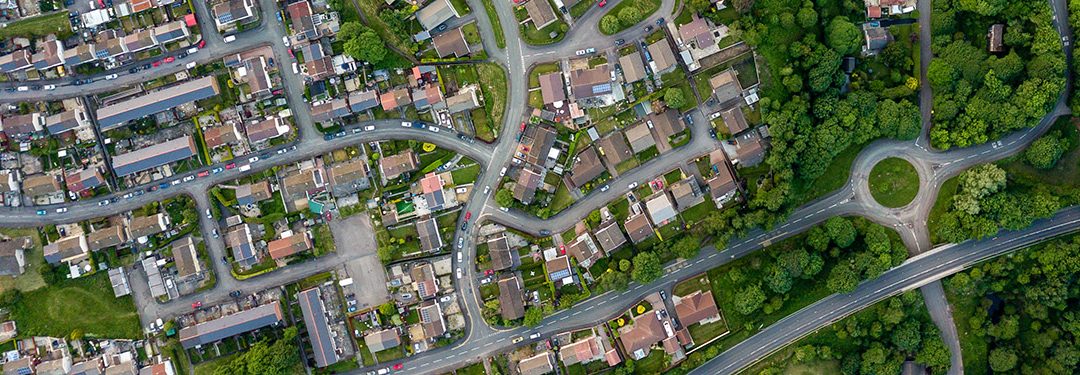ARC North East and North Cumbria supports new Health Determinants Research Collaborations (HDRCs) in our region
News

The NIHR Applied Research Collaboration (ARC) North East and North Cumbria (ARC) is set to support local authority partners in the North East who have been awarded £5m each over the next five years, to use research to help tackle health inequalities.
Gateshead Council and Newcastle City Council are two of 10 local authorities nationally to receive funding as part of a £50m investment in public health by the National Institute for Health and Care Research (NIHR).
The funding will enable the councils to develop a Health Determinants Research Collaboration (HDRC) with Newcastle University, which will equip them with the skills, expertise and capacity to plan and deliver research that will ultimately help residents to live healthier and more fulfilling lives.
The two local authorities will also work closely together to make sure both research programmes complement each other and maximise the benefits for the wider region.
Middlesbrough and Redcar & Cleveland have also been selected by NIHR as a local authority area that will receive development award funding during 2022/23, with a view to them hosting full HDRCs in 2023/24.
The new partnerships are part of a major drive from NIHR to enable research that can address the wider causes of population health and health inequalities, and respond to the needs of local groups and areas.
Examples include research to help reduce childhood obesity, Covid recovery, mental health and drug use.
NIHR ARC NENC Director, Professor Eileen Kaner is co-leading the HDRC collaboration with Gateshead Council.
She said: “Although evidence-based decision making is not a new concept for local authorities, the HDRCs will provide a more robust foundation of insight on which to build services that truly make a difference to health outcomes.
“By combining the local knowledge and experience of the councils and their community partners with the skills and expertise of specialist research teams, we have a unique opportunity to understand and address health challenges – particularly within our most disadvantaged communities, who are disproportionately affected by issues like obesity, drug use and poor mental health.
“The HDRCs will give a voice to groups who often aren’t heard, enable bold new approaches and ultimately, help people to live healthier, longer and more fulfilling lives in Gateshead, Newcastle and beyond.”
Professor Ashley Adamson, who is ARC NENC theme lead for Prevention, is co-leading the HDRC at Newcastle City Council. Professor Adamson is also Director of Fuse, the Centre for Translational Research in Public Health, and Fuse researchers will be actively involved in supporting the new HDRCs in our region.
She said: “Local government in England is ideally placed to draw on and develop evidence to improve the health of our local people and to reduce inequalities.
“In Fuse we have 14 years of experience in working collaboratively with local authorities, developing strong academic partnerships to support a culture of research in local government.
“We are thrilled with the news that three local authority areas in the North East have been successful in applying for Health Determinants Research Collaboration funding and look forward to working with the new partnership, and building on the legacy of Fuse.”
Middlesbrough and Redcar and Cleveland councils will be leading the work in co-production with Teesside University. South Tees Joint Director of Public Health Mark Adams is the lead for the councils alongside Fuse Associate Professor Dorothy Newbury-Birch from Teesside University.
Professor Newbury-Birch, from the university’s School of Social Sciences, Humanities & Law, said: “Teesside University has significant expertise in examining a wide range of issues and topics which can impact and improve health inequalities.
“We have successfully worked with our local authorities on a number of collaborative projects which have had a hugely positive impact on our communities.
“I am delighted that this work gives us the opportunity to carry on and extend the evidence-based research we currently do and am looking forward to working in co-production with the councils, communities and other agencies.”
The ten HDRCs began formally on 1 October 2022. Three further teams will be given funding to undertake additional developmental work to enable HDRC status by 1 October 2023. The vision is that approximately 30 HDRCs will be created in total through future commissioning rounds.
Find out more about the scheme and the funded HDRCs here.
Read more from Newcastle City Council
Read more from Gateshead Council
Read more from Middlesbrough with Redcar and Cleveland Councils